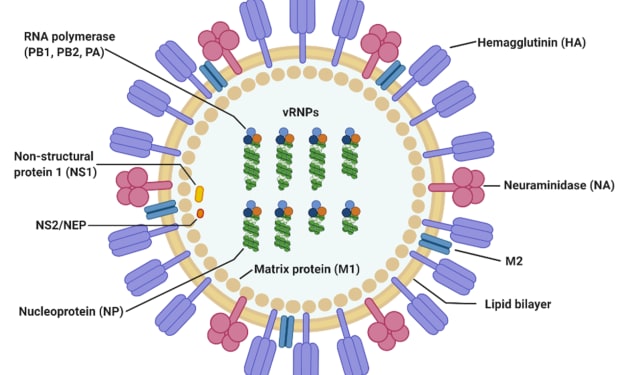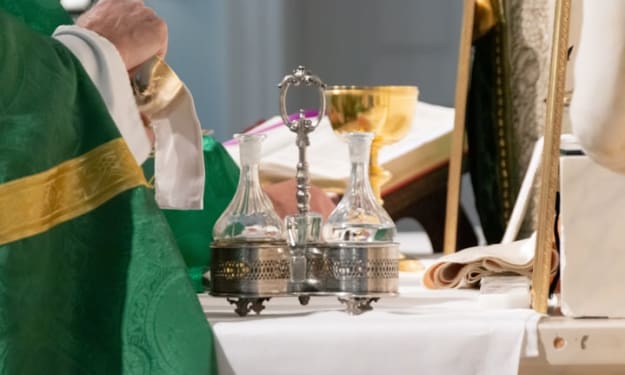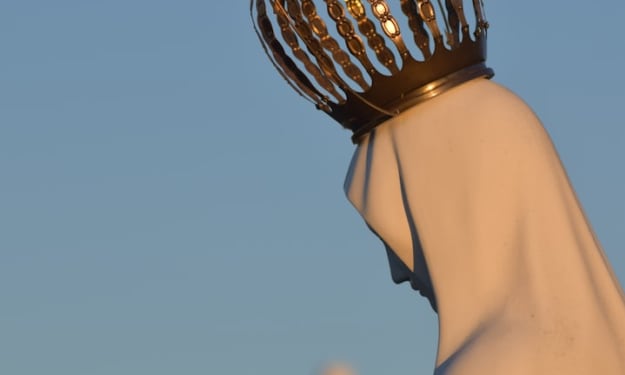
Holy Spirit, also called Paraclete or Holy Ghost, in Christian belief, the third person of the Trinity. Numerous outpourings of the Holy Spirit are mentioned in the Acts of the Apostles, in which healing, prophecy, the expelling of demons (exorcism), and speaking in tongues (glossolalia) are particularly associated with the activity of the Spirit. In art, the Holy Spirit is commonly represented as a dove.
Christian writers have seen in various references to the Spirit of Yahweh in the Hebrew Scriptures an anticipation of the doctrine of the Holy Spirit. The Hebrew word ruaḥ (usually translated “spirit”) is often found in texts referring to the free and unhindered activity of God, either in creating or in revitalizing creation, especially in connection with the prophetic word or messianic expectation. There was, however, no explicit belief in a separate divine person in biblical Judaism. In fact, the New Testament itself is not entirely clear in this regard. One suggestion of such belief is the promise of another helper, or intercessor (paraclete), that is found in the Gospel According to John. Pentecost, during which the Holy Spirit descended on the Apostles and other disciples (Acts 2), is seen as the fulfillment of that promise.
The definition that the Holy Spirit was a distinct divine person equal in substance to the Father and the Son and not subordinate to them came at the Council of Constantinople in CE 381, following challenges to its divinity. The Eastern and Western churches have since viewed the Holy Spirit as the bond, the fellowship, or the mutual charity between Father and Son; they are absolutely united in the Spirit. The relationship of the Holy Spirit to the other persons of the Trinity has been described in the West as proceeding from both the Father and the Son, whereas in the East it has been held that the procession is from the Father through the Son. Most Catholic and Orthodox Christians have experienced the Holy Spirit more in the sacramental life of the church than in the context of such speculation. From apostolic times, the formula for baptism has been Trinitarian (“I baptize you in the name of the Father, and of the Son, and of the Holy Spirit.”). confirmation (in the Eastern Orthodox Church, chrismation), although not accepted by Protestants as a sacrament, has been closely allied with the role of the Holy Spirit in the church. The Eastern Orthodox Church has stressed the role of the descent of the Spirit upon the worshipping congregation and upon the eucharistic bread and wine in the prayer known as the epiclesis.
From the earliest centuries of the Christian church, various groups, discontented with the lack of freedom, active charity, or vitality in the institutional church, have called for a greater sensitivity to the ongoing outpourings of the Holy Spirit; among such movements were the Holiness and Pentecostal movements of the 19th and 20th centuries. Being “filled” with the Holy Spirit is seen as the corollary of one’s salvation. See also Trinity. Maximus Planudes, original name Manuel Planudes, (born 1260, Nicomedia, Byzantine Empire [now İzmit, Turkey]—died c. 1310, Constantinople [now Istanbul]), Greek Orthodox humanities scholar, anthologist, and theological polemicist in the controversy between Byzantium and Rome. His Greek translations of works in classical Latin philosophy and literature and in Arabic mathematics publicized these areas of learning throughout the Greek Byzantine cultural world.
After entering political life in Constantinople, Planudes retired to a monastery in 1283 because of factional strife. He later returned to Constantinople, where he established a monastery for laymen and opened a school by the imperial library. Drawing students from the royal family and nobility, the school gained an academic reputation for its thorough humanities curriculum. Planudes’ eminence derived in large part from his competence in the Latin language. This linguistic ability prompted his appointment as the emperor Andronicus II Palaeologus’ emissary to Venice in 1295–96.
About the Creator
Raylens Raibin
IM A TEACHER..GRADUATE FROM UNIVERSITY PENDIDIKAN SULTAN IDRIS..BACHELOR OF MUSIC EDUCATION..ALSO A MUSICIAN






Comments
There are no comments for this story
Be the first to respond and start the conversation.